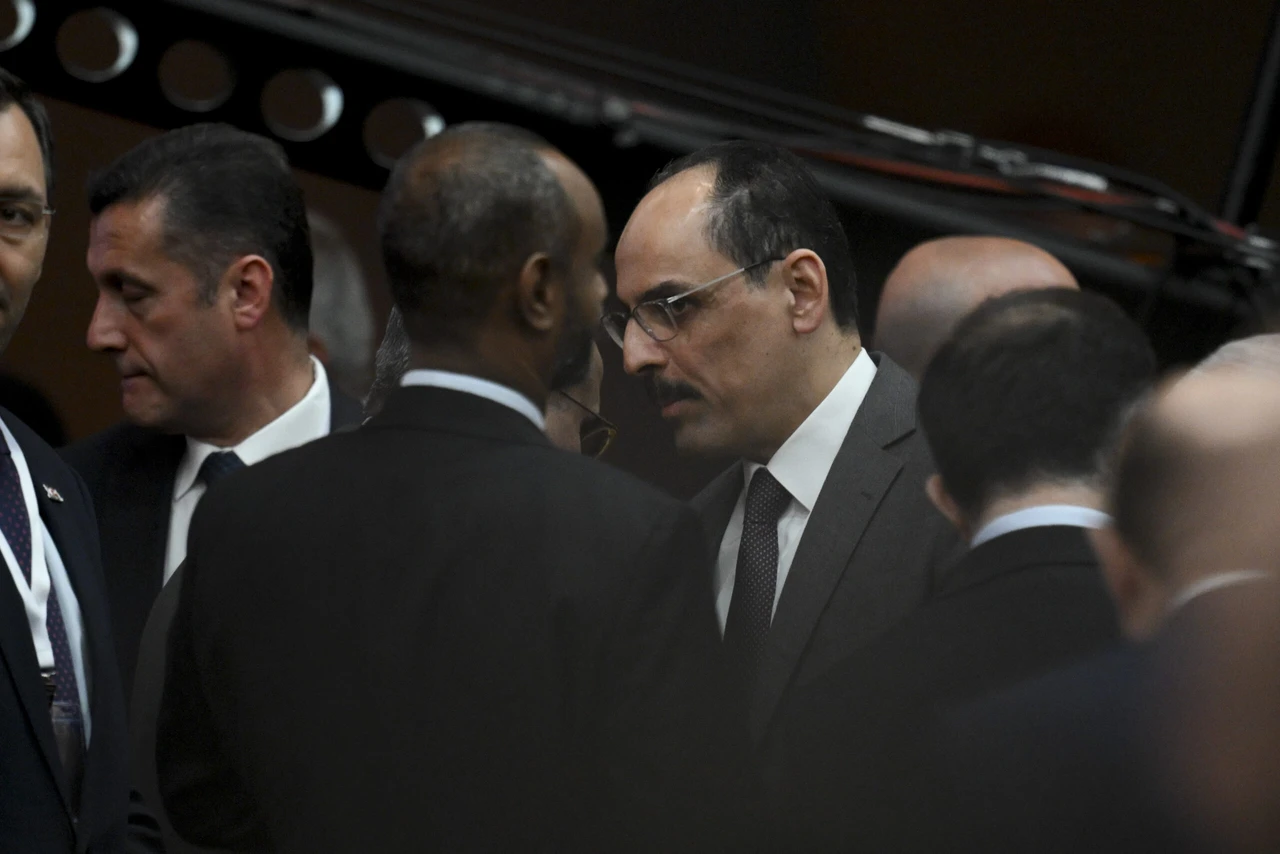ICC charges against Netanyahu shake Israel’s war strategies
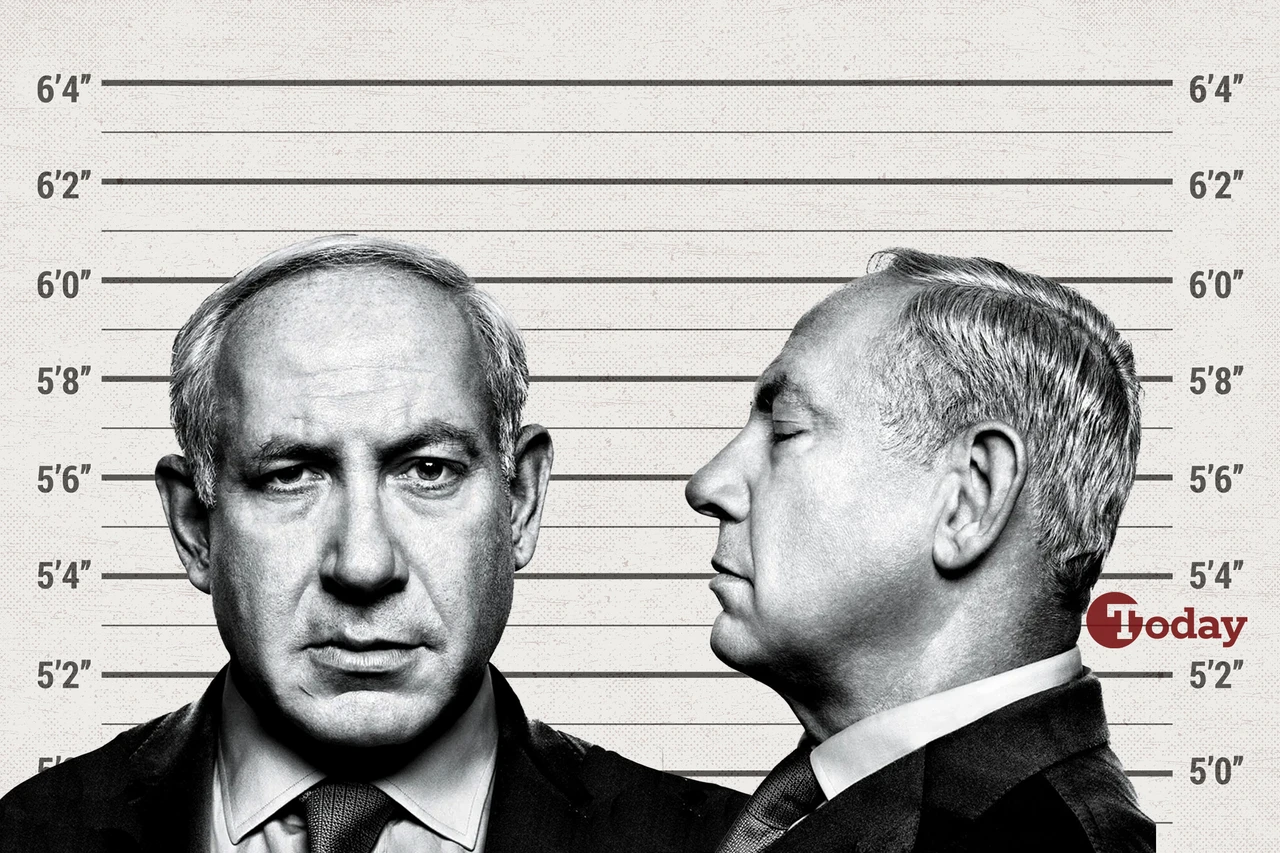 Israeli PM Benjamin Netanyahu (Collage by Mehmet Akbas/Türkiye Today)
Israeli PM Benjamin Netanyahu (Collage by Mehmet Akbas/Türkiye Today)
The International Criminal Court (ICC) has issued arrest warrants for Israeli Prime Minister Benjamin Netanyahu and former Defense Minister Yoav Gallant over alleged war crimes during the Gaza conflict, according to Reuters.
The warrants, announced Thursday, accuse the leaders of crimes against humanity during the 13-month military campaign.
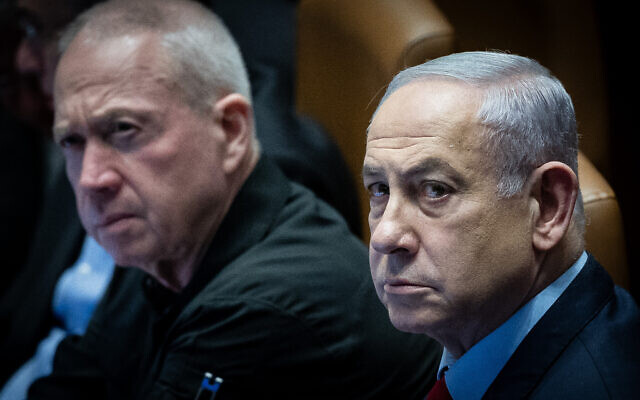
Why it matters?
The ICC decision comes less than two weeks before Netanyahu is set to testify in a domestic corruption trial that could end his political career.
While the bribery case divides Israelis, the ICC’s move has united much of the political spectrum in Netanyahu’s defense.

State of play
Netanyahu has dismissed the ICC charges as “antisemitic” and denies accusations that Israeli forces targeted civilians in Gaza. Analysts suggest the ruling could harden Netanyahu’s stance in Gaza and Lebanon.
If we’re condemned anyway, we might as well go full gas
Michael Oren, a former Israeli ambassador to the U.S.
Zoom in
The ICC’s action complicates efforts to secure a ceasefire with Hezbollah in Lebanon or negotiate with Hamas over hostages.
- Israeli diplomats warn that the decision bolsters militant groups like Hamas and Hezbollah, potentially driving up demands for ceasefire terms or hostage deals.
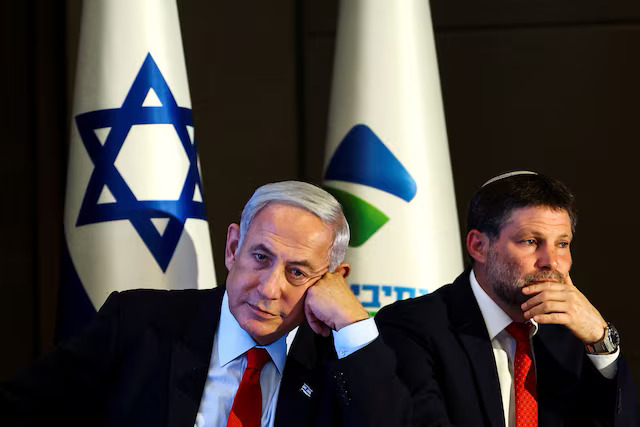
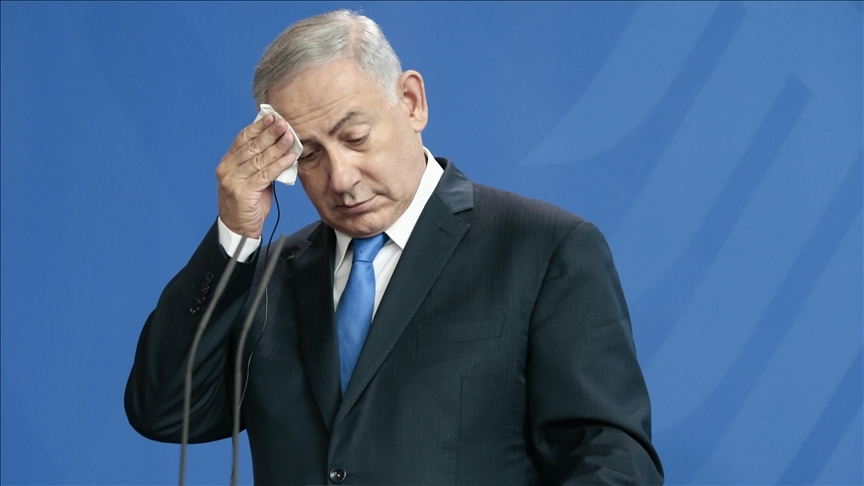
Between the lines
Netanyahu’s domestic troubles loom large. His corruption trial, featuring charges of bribery and fraud, resumes next month. Critics allege he has used the Gaza war to delay court proceedings, which he denies.
What’s next after ICC warrant?
The ICC warrant limits Netanyahu’s international mobility, as he risks arrest in any of the court’s 124 member states.
- Israeli officials are lobbying allies to disregard the warrants, with Hungary already pledging support.
- The U.S., a non-ICC member, remains a safe destination for Netanyahu.
Bottom line
Netanyahu’s legal and political crises, both domestic and international, could significantly reshape his leadership and Israel’s trajectory amid ongoing conflicts.
